Freezing food is one good option to prolong its shelf life. Just about every household in the 21st century is equipped with a freezer. Hence, this method has become a popular option or it’s safe to say that it’s the main way food is preserved in households.
Freezing your food has its extensive list of benefits. From preserving its nutrients to preventing your food from being infected by microorganisms that could make you and your family sick. Though, many assume that frozen goods last forever in a household freezer but it’s not necessarily true. Generally, goods frozen at O°C has an indefinite shelf life but for many household freezers, the freezer temperature varies and it may not be at the ideal temperature at all times. Hence, there is a risk that your frozen goods might have a shorter shelf life than you think.
So, here’s a guide according to the American Food and Drug Administration (FDA) as well as its Food Safety body on the shelf life of frozen goods storage in general to ensure that you enjoy its quality.

Processed deli meat
Frozen storage period: One to two months
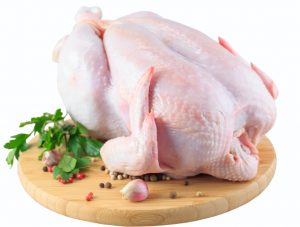
Whole chicken
Frozen storage period: Up to one year

Leftover pizza
Frozen storage period: One to two months
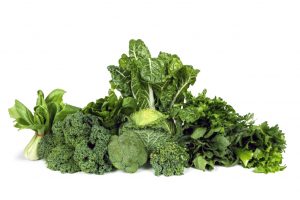
Leafy vegetables
Frozen storage period: Does not freeze well

Chopped chicken
Frozen storage period: Up to nine months
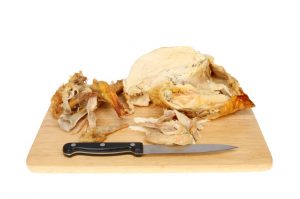
Leftover meat or poultry
Frozen storage period: Two to six months
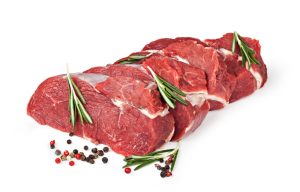
Fresh red meat
Frozen storage period: Up to one year
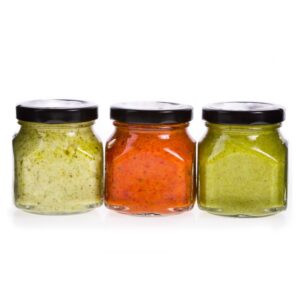
Soups and sauces
Frozen storage period: Two to three months
 Did you know?
Did you know?
The ideal freezer temperature is: Below 4℃











